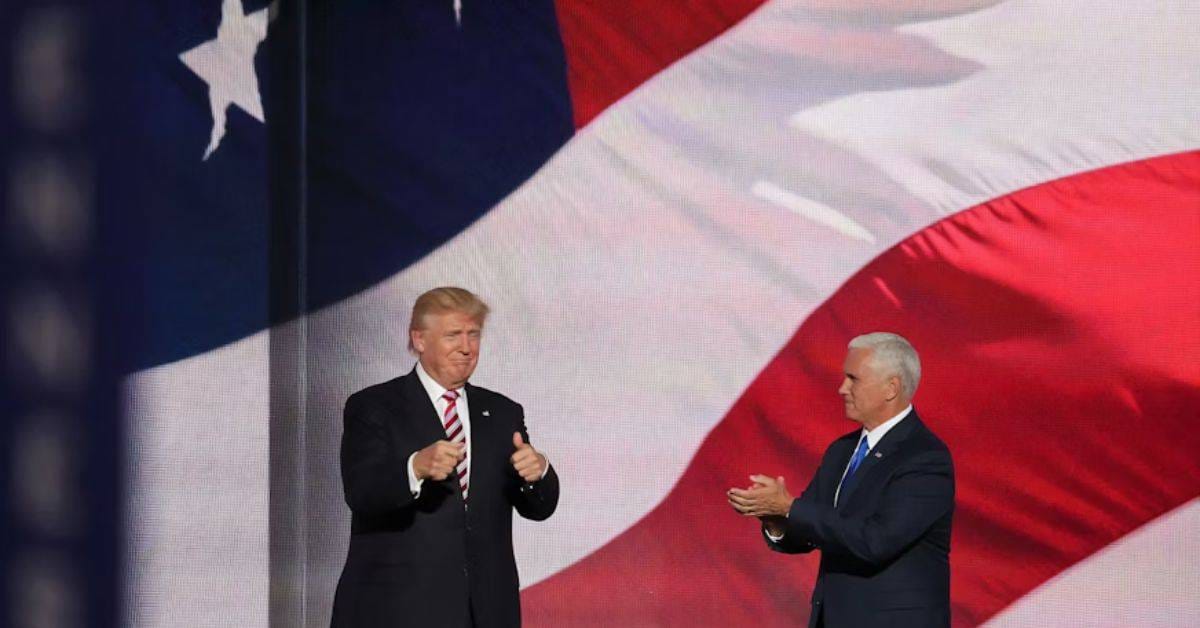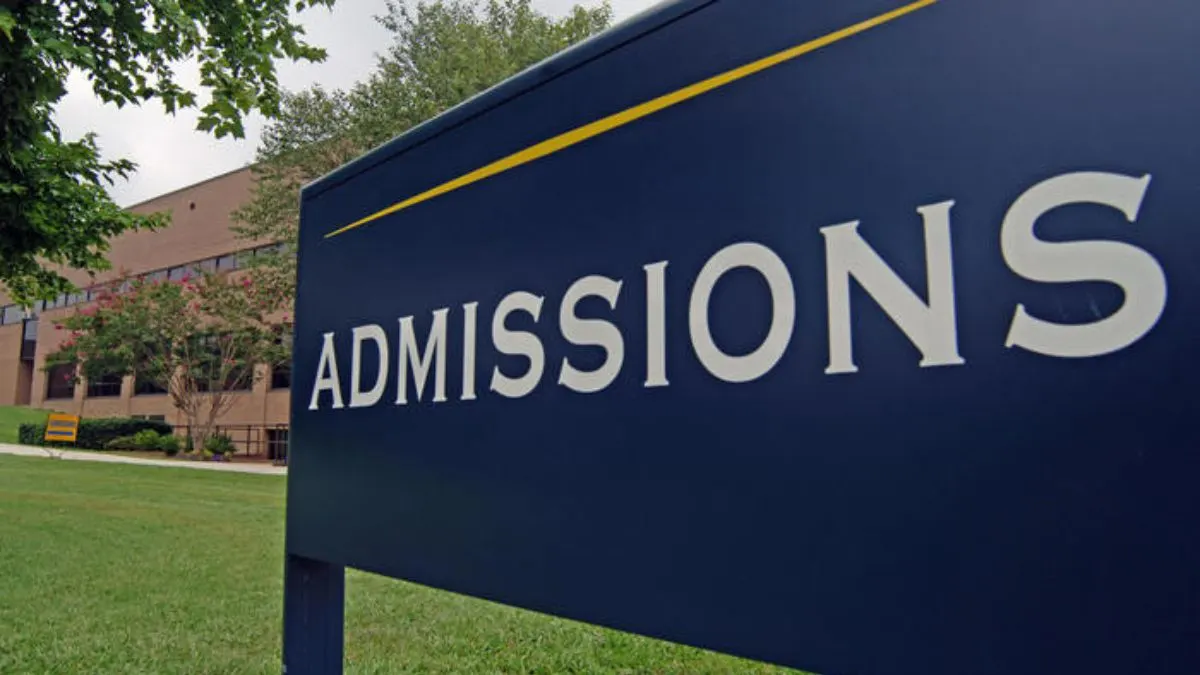Introduction
Concerns are growing among student debt advocates that Donald Trump could use student loan forgiveness as a political weapon if re-elected. As the 2024 presidential election approaches, the issue of student debt cancellation is becoming more than just a financial policy—it’s increasingly seen as a potential tool for political influence and division.
What Is at Risk with Student Loan Forgiveness?
Student loan forgiveness was designed to support Americans who are struggling to repay their educational loans. For millions of borrowers, especially those from low- and middle-income backgrounds, loan relief offers financial hope, stability, and the freedom to move forward in life.
However, when political leaders use such programs for their gain, the purpose of forgiveness can be distorted. Instead of helping people based on need, the system could be reshaped to reward loyalty or punish opposition.
Why Are Advocates Worried About Trump?
Advocates and policy experts believe that a second Trump administration could twist the forgiveness program into a tool of retribution. They fear that Trump may rebrand the relief as a political benefit, giving it to voters who support him and withholding it from those who don’t.
In a deeply divided political climate, such moves could turn a public support system into a dangerous partisan tool.
Trump’s Track Record on Student Loan Policy
During his first term, Trump rolled back several protections for borrowers. Under Education Secretary Betsy DeVos, the administration weakened programs such as Public Service Loan Forgiveness and made it more difficult for defrauded students to obtain relief.
This history raises valid concerns about how he might approach student loan forgiveness in a future term, especially if political considerations become part of the plan.
How Could Forgiveness Be Politicized?
Advocates point to several potential ways a future Trump administration could weaponize student loan forgiveness:
- Only offering forgiveness to certain demographics or states
- Delaying relief for groups seen as political opponents
- Promoting the narrative that forgiveness is a reward, not a right
Such actions could cause widespread confusion, legal battles, and long-term harm to borrowers across the country.
How Might This Affect Borrowers?
If student loan forgiveness is used as a political weapon, everyday borrowers could suffer. Many people are counting on debt relief to plan for their future. If programs are changed or canceled, it could lead to:
- Financial instability
- Delayed life decisions like buying a home or starting a family
- Mental stress due to policy uncertainty
This is why many advocacy groups are calling for strong protections and clear rules, regardless of who is in office.

What Should Borrowers Do Now?
- Stay Updated
Follow official updates from the U.S. Department of Education and trusted nonprofits. - Apply Quickly
If you’re eligible for any forgiveness program, apply now before potential changes occur. - Save All Documents
Keep payment records, applications, and communication in case policy changes later.
Is This Just Political Fear-Mongering?
Not at all. This concern is grounded in real policy decisions made during Trump’s previous term. It’s not about party lines—it’s about protecting access to fair and equal financial relief for all Americans.
Trump’s Base Could Also Be Impacted
Interestingly, many Trump supporters also carry student loan debt. If forgiveness is weaponized, even his base could feel the effects. That makes this not just a political issue but a deeply personal one for millions of voters.
Public Opinion and Political Messaging
Trump has often shown a strong ability to shape public opinion using media and messaging. Advocates fear that the forgiveness narrative could be turned into a political rallying cry—one that paints some borrowers as “lazy” or “undeserving” while elevating others as “worthy.”
Why It Matters to You (WIIFY)
If you’re a borrower, your financial future could depend on whether forgiveness programs are protected or politicized. If you’re a policymaker, your role in maintaining fairness is critical. And if you’re an advocate, now is the time to make your voice heard before key decisions are made.
We Must Critique the System, Not the Borrowers
The student debt crisis wasn’t caused by individual failure—it was created by a broken education and lending system. Instead of blaming borrowers, we should challenge the institutions and policies that led to this nationwide problem.
A Simple Analogy
Think of student loan forgiveness like medical care after a disaster. We don’t ask whether someone made bad choices—we help them recover. That’s what forgiveness does: it offers people a chance to move forward.
Conclusion
The idea that student loan forgiveness could be weaponized is not just speculation—it’s a legitimate risk based on past actions. As we move into another election cycle, the need to protect forgiveness programs from political abuse has never been more urgent. We must ensure these programs serve the people, not power.
FAQs
1. Could Trump cancel student loan forgiveness if re-elected?
He could try to roll back current programs through executive action, but it would likely face legal challenges.
2. Has Trump supported forgiveness before?
No. During his administration, he opposed broad forgiveness and made it harder for many borrowers to access relief.
3. How can forgiveness become politicized?
By using it to favor certain voters or punish others, or by changing eligibility rules based on political motivations.
4. What can I do as a borrower?
Stay informed, apply early, and keep documentation. Support advocacy efforts that push for nonpartisan policies.
5. Is student loan forgiveness guaranteed?
No. It depends on who is in power and how they choose to implement or change the policy.



